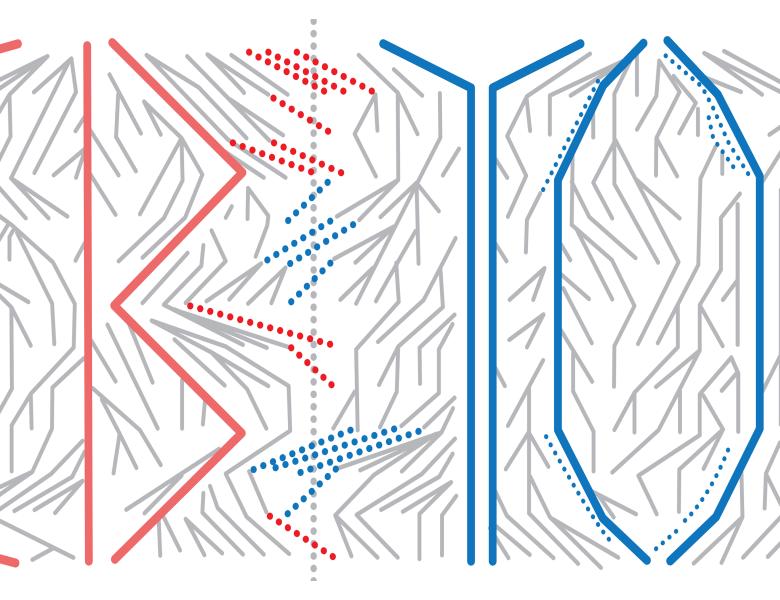
Abstract
The antibody repertoire of each individual is continuously updated by the evolutionary process of B cell receptor mutation and selection. It has recently become possible to gain detailed information concerning this process through high-throughput sequencing. In this talk I will describe our work on statistical molecular evolution methods for the analysis of B cell sequence data, and their application to a very deep short-read data set of B cell receptors. We find that the mutational process is conserved across individuals but varies significantly across gene regions. We investigate selection on B cell receptors using a novel method that side-steps the difficulties encountered by previous work in differentiating between selection and motif-driven mutation; this is done through stochastic mapping and empirical Bayes estimators that compare the evolution of in frame and out of frame rearrangements. We use this new method to derive a per-residue map of selection, which we find is dominated by purifying selection, though not uniformly so.


